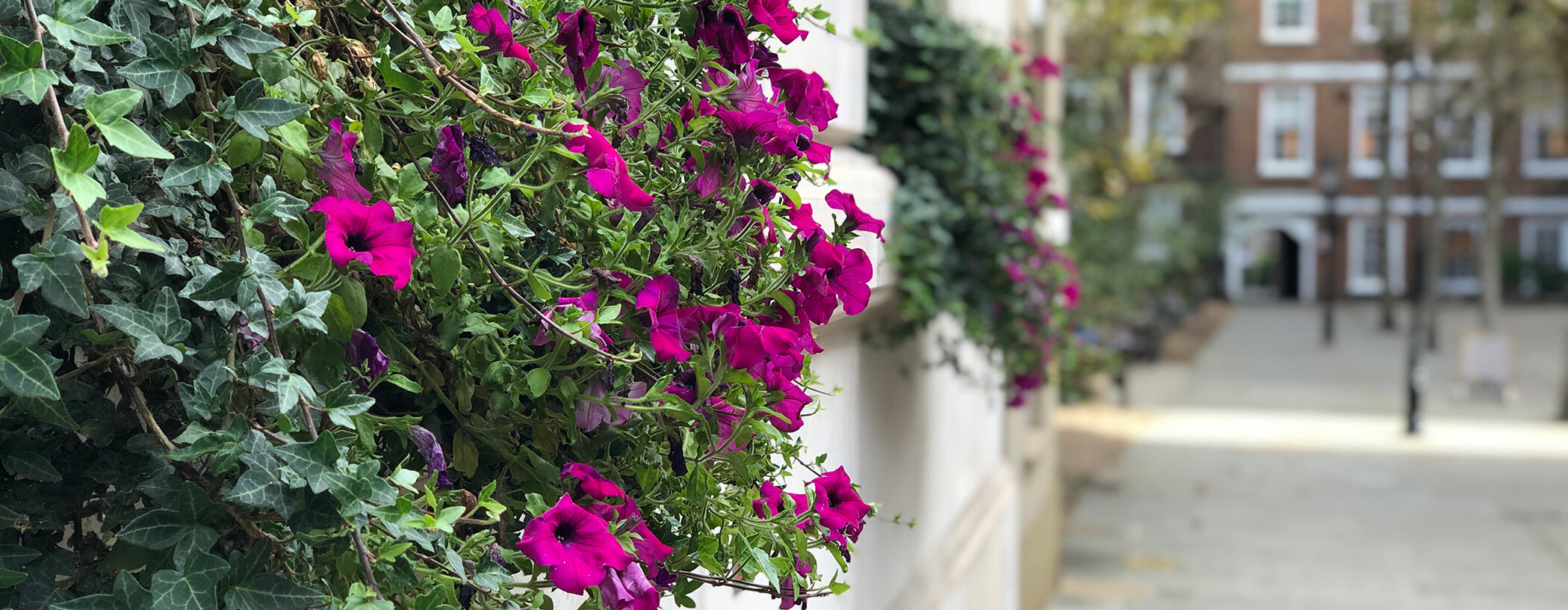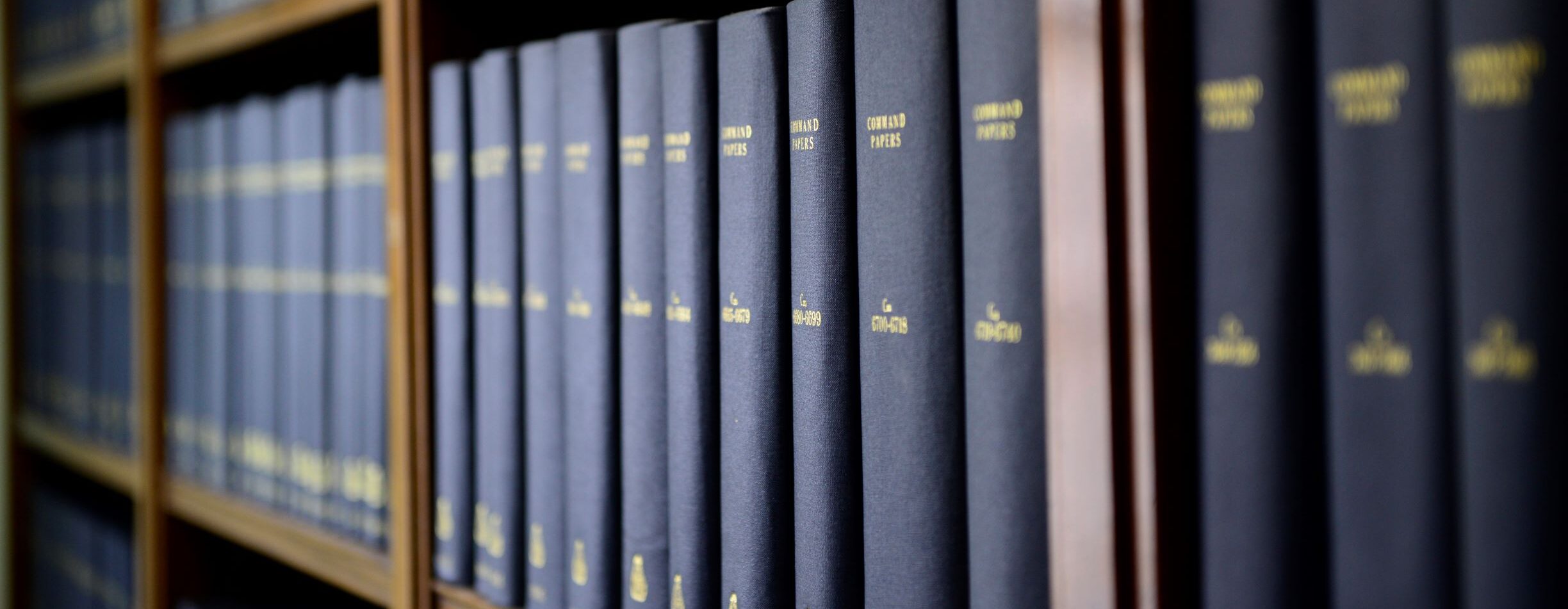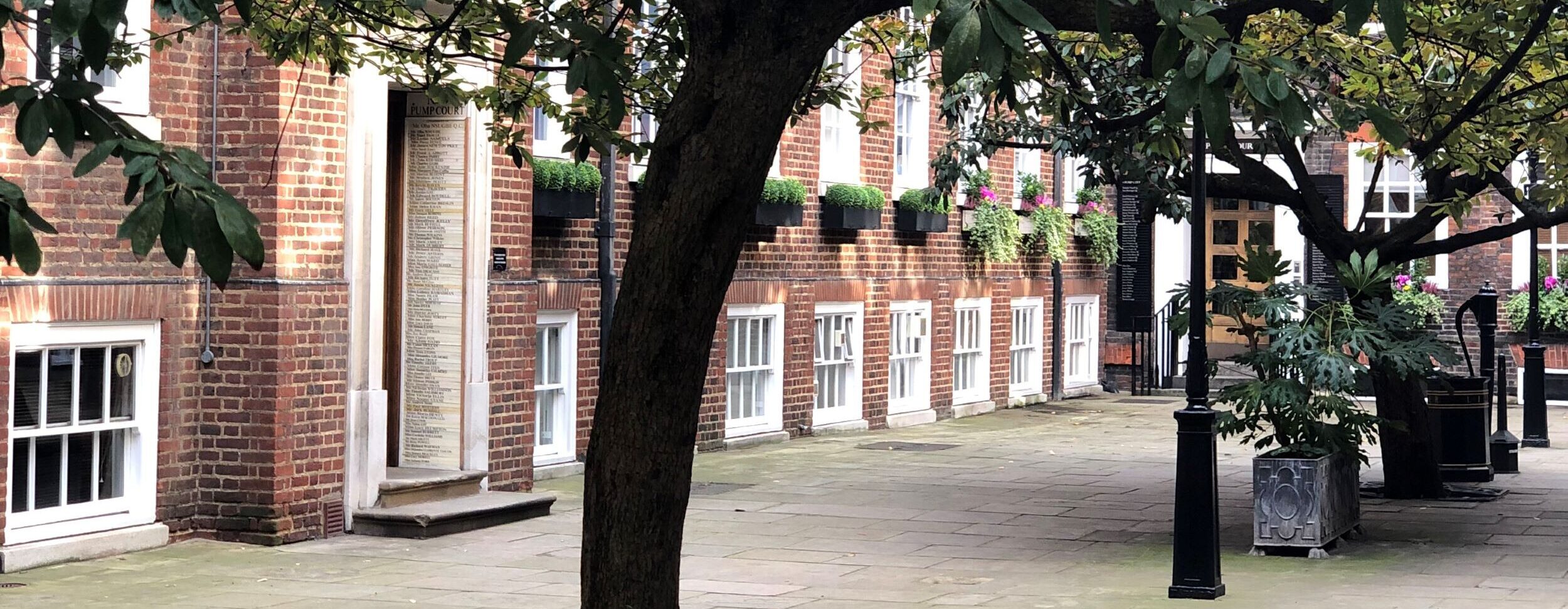ICCA Statement on Racism and Discrimination
Following the death of George Floyd in the USA on 25 May 2020, there has been a global outpouring of condemnation of the way in which he lost his life and there have been protests across the world with the hashtag #BlackLivesMatter trending globally. Floyd’s death has been described by some as having been caused by a ‘pandemic of racism and discrimination’.
Every area of life is now coming under the microscope, looking for evidence of actively standing up to racism in society.
That scrutiny also applies to us, at the ICCA.
Students expect us to act to address the inequality that exists at the Bar and we recognise that there are disappointingly low numbers of female and BAME barristers and judges.
Fair Recruitment at the ICCA
The ICCA operates a Fair Admissions Policy for students who apply to our Bar Course. This is not a dormant policy which simply contains aspirations, but rather an active policy which is the driving force behind our intention to widen access and improve equality and diversity at the Bar. We aligned our recruitment policy with that of the Fair Recruitment Guide for the profession.
To these ends we use a ‘blind’ admissions programme in relation to written applications via our portal. This means that information related to all protected characteristics are removed from the applications before they are passed to assessors. In addition, information relating to school and university attended is redacted from the information passed to assessors. After that process is completed, successful applicants are invited to interview and none of their details, beyond their name, are known to the equality and diversity trained assessors. All assessors are specifically trained by an external equality and diversity consultant, to recognise unconscious bias and develop strategies to mitigate any impact. Independent of the Bar Course, ICCA and COIC staff undergo regular equality and diversity training.
As a result of the most recent Bar Course recruitment drive, offers have been accepted by a wide range of applicants from different socio-economic and cultural backgrounds.
In terms of staff recruitment, COIC, and therefore the ICCA, operates a fair recruitment policy. COIC values equality and diversity and is committed to ensuring its processes and procedures are fair, transparent and free from unlawful discrimination.
Our Commitment to Equality and Diversity
We strive for academic and professional excellence in advocacy and professional ethics. Our Bar Course materials have been developed and films have been made with the focus on a fair representation of ethnicity and diversity.
We implemented a programme of undergraduate Outreach, including webinars and a wide range of universities and, thanks to those efforts, we have recruited students from Oxbridge, Russell Group Universities and elsewhere in equal measure.
The ICCA cannot exercise any influence over the recruitment polices adopted by sets of Chambers and other employers, save that we intend to continue to focus on recruiting and sending out a diverse cohort of students into the profession, with each individual prepared for the pupillage application process and able to present themselves to their best advantage.
At the heart of what we do at the ICCA is a keen sense of equality and diversity and we actively take steps to recruit staff, Governors and students in a fair and non-discriminatory fashion.
We recognise that we all have a part to play in ensuring that the Bar reflects the society it serves, that we respect individuals regardless of ethnic origin or socio-economic background and that we must take an active role to ensure this happens, both now and in the future.
Resources for Students
When our Part Two students start with us next March, they will be invited to take part in the design and delivery of extra-curricular sessions for fellow students and any invited guests to be hosted every week at one of the Inns. We already have an extensive network of relationships with minority groups and practitioners who are actively engaged in social mobility at the Bar.
We have an academic partner in King’s College London, we are regulated by the Bar Standards Board and have been authorised to deliver our course by the Office for Students. They are satisfied that we have implemented policies to support and protect our students from harassment, bullying and discrimination. The Student Voice is of crucial importance to us.
Our wellbeing materials are designed to address many of the issues young barristers will encounter. We have already been awarded a Certificate of Recognition for our work in this area.
All our students and staff (and members of their family) have access to a confidential 24/7 Assistance and Counselling service, which will offer support to anyone affected by discrimination of any kind.
If you would like any more information about any of the matters referred to in this statement, please contact us at info@icca.ac.uk.


